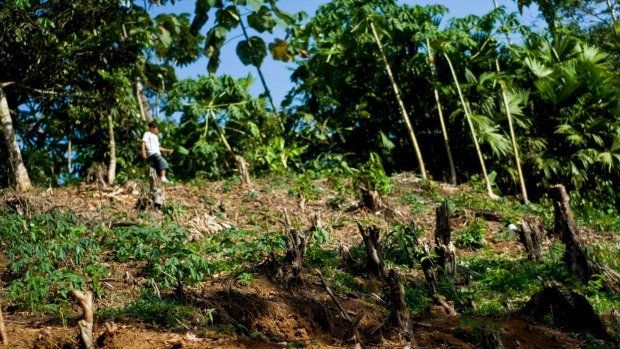Item Link: Access the Resource
Date of Publication: March 11, 2020
Year of Publication: 2020
Author(s): Rina Chandran
Newspaper: Thomas Reuters Foundation
Diseases like coronavirus which are passed from animals to humans are rising as wild habitats are destroyed and cities become more densely populated.
BANGKOK, March 11 (Thomson Reuters Foundation) – The rapid pace of deforestation, urbanisation and road building are major factors in the spread of infectious diseases across Asia, including the coronavirus, health and environment experts said on Wednesday.
Worldwide, more than 119,000 people have been infected by the COVID-19 coronavirus, which emerged from China late last year, and more than 4,200 have died, according to a Reuters tally.
In depth: Coronavirus and its impact on people, cities, and economy
Coronaviruses are zoonotic diseases or zoonoses – meaning they are passed from animals to humans. Other examples include the Severe Acute Respiratory Syndrome that was transmitted from civet cats, the Middle East Respiratory Syndrome that was passed from camels, as well as Ebola and bird flu.
“Diseases passed from animals to humans are on the rise, as the world continues to see unprecedented destruction of wild habitats by human activity,” said Doreen Robinson, chief of wildlife at the United Nations Environment Programme (UNEP).
“Humans and nature are part of one connected system, and we need to understand how it works so that we don’t push things too far and face increasingly negative consequence,” she said.
Expanding populations and worsening climate-change impacts are putting greater pressure on the land, with deforestation, urbanisation, intensifying agriculture, and resource extraction providing more opportunities for pathogens to spill over from animals to people, the UNEP said in a 2016 report.
Read the full article here.
The views and opinions expressed through the MAHB Website are those of the contributing authors and do not necessarily reflect an official position of the MAHB. The MAHB aims to share a range of perspectives and welcomes the discussions that they prompt.
